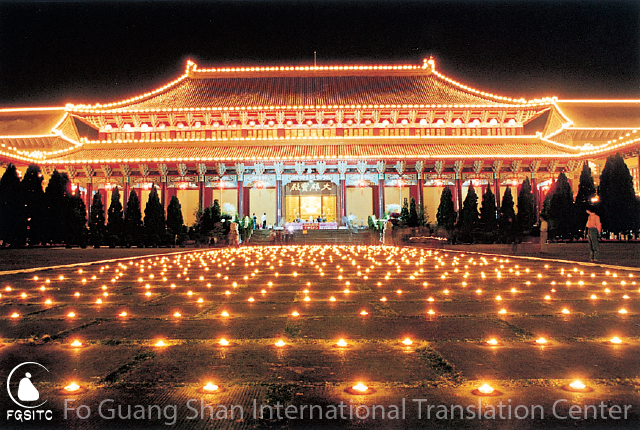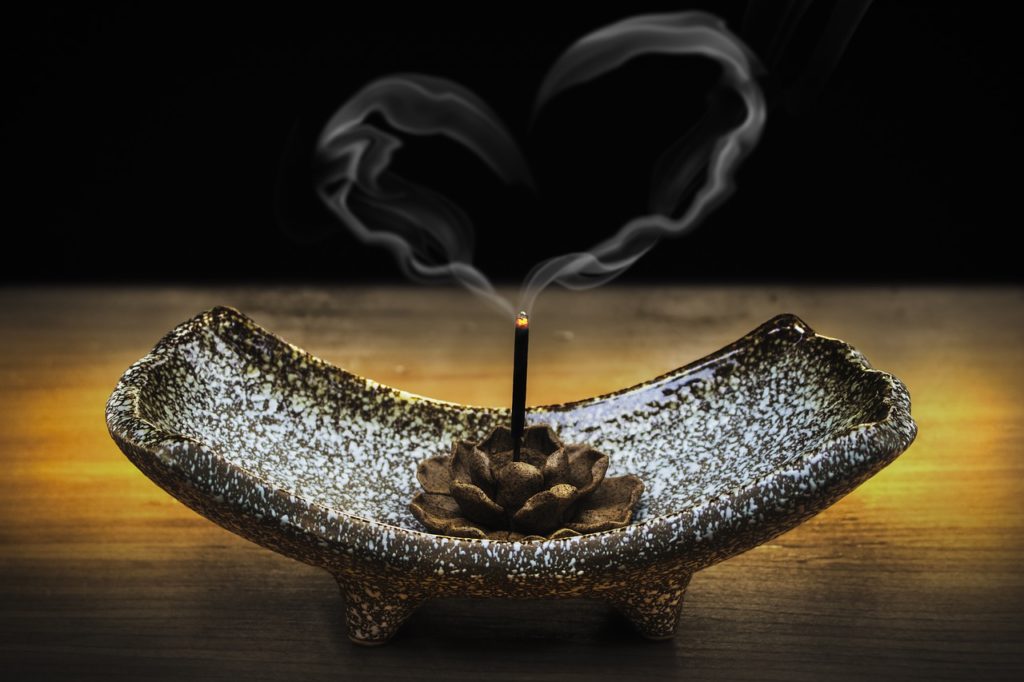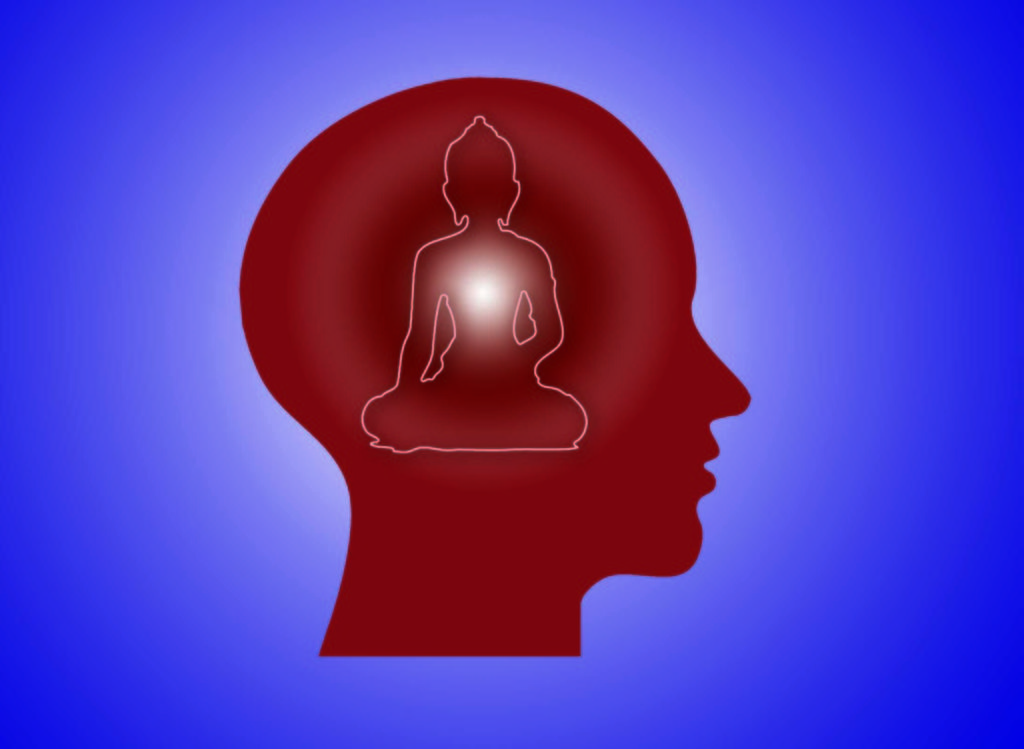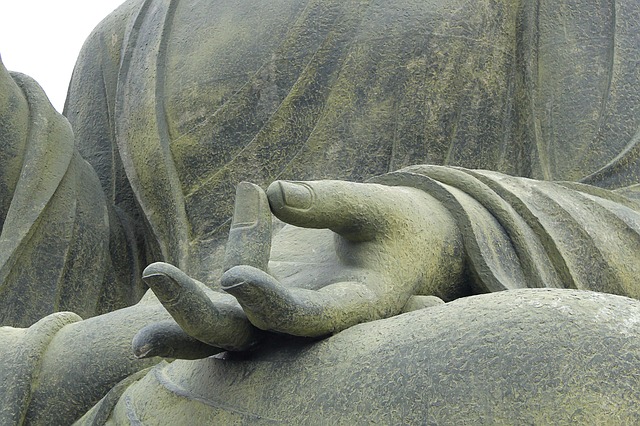
What we often care most for in life is the self, and the most important aspect of self is none other than destiny. During one’s lifetime, destiny changes frequently because of circumstances that arise. Because of a person, an event, a word, a dollar, or even a thought, entire lives may be altered. Similarly, the development of a country may be changed and the history of humankind may even be re-written.
Chan Master Danxia of the Tang Dynasty intended to travel to the Chinese capital for the national examinations, but he met a monastic on his way who told him, “It is better to be tested for Buddhahood than for a position as an imperial official.” He was awakened from his dream of fame and fortune and opened up a whole new life for himself instead.
Henry Ford’s father gave him a dollar when he left home to strike out on his own. He used that dollar as capital and eventually built the Ford Motor Company, making a name for himself in history and benefiting all of humankind in the process.
Tang Dynasty’s Venerable Master Xuanzang studied the Buddhist scriptures when he was young and felt that the number of sutras translated was insufficient at the time. He took the initiative to go to India to bring back more sutras. Because of this single thought, he spent eighteen years in India and brought back thousands of volumes of scriptures. He became known as the Master of the Buddhist Canon. His goals changed his life and turned a new page in the development of Chinese Buddhism, history, and culture.
Each person’s life is different from the next person’s. When we see others flying high while we are down, we inevitably sigh and complain that it is just not the best time in our lives, or even blame the heavens for our ill destiny. But others may take life as it is, thinking that all of life’s fortunes are pre-destined.
In reality, our destiny is not controlled by anyone. Destiny is the result of karma, and anything from habit, religion, emotions, power, or desire can affect destiny. Therefore, we need only to cultivate the right view, establish faith in religion, build good connections with people, and strictly observe the precepts, regardless of who the people are, how much money it is, or the situation; then, we will not be controlled by destiny but can instead freely improve our destiny.
This article was originally published in All in a Thought, written by Venerable Master Hsing Yun.
Image from Pixabay.












